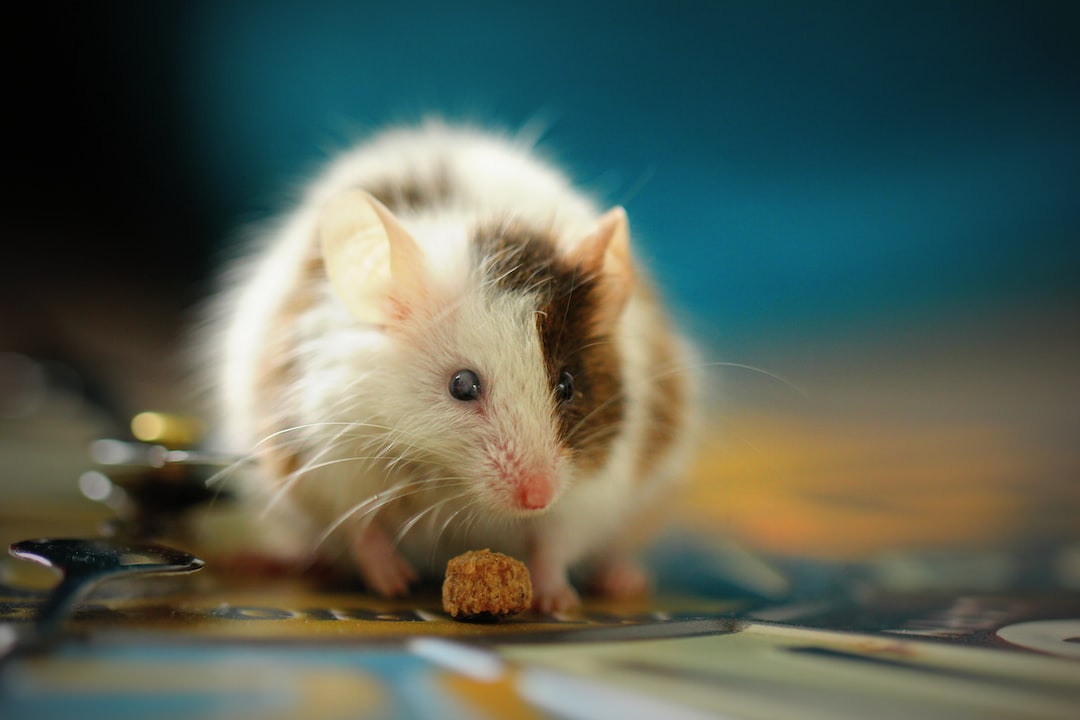Tips for Introducing a New Pet to Your Current Fur-babies
Adding a new furry member to your family can be an exciting and rewarding experience. However, introducing a new pet to your current fur-babies requires careful planning and consideration. It is vital to ensure a smooth and successful transition for everyone involved. Here are some helpful tips to make the introduction process as stress-free as possible:
1. Slow and gradual introductions:
Resist the temptation to thrust your new pet into the midst of your current fur-babies right away. Instead, start with brief and supervised meetings in a neutral space, such as a park or backyard. Allow your pets to sniff and observe each other from a safe distance before gradually increasing their interaction time. This will help them become familiar with each other’s scents and body language.
2. Maintain a predictable routine:
Establish a consistent routine for feeding, playtime, and exercise for all your pets. Regular and predictable schedules help reduce anxiety and make the introduction process less overwhelming. Additionally, it assures your current fur-babies that their needs and territories are still respected, reinforcing a sense of security and stability.
3. Use scent swapping:
Introduce your new pet’s scent to your current fur-babies by swapping bedding or toys between them. This method allows them to become familiar with each other’s smells without direct contact. Gradually increase the amount of scent exposure until they seem comfortable with the new addition’s presence.
4. Separate spaces:
During the initial stages, provide separate living quarters for your new pet and your current fur-babies. This setup allows each animal to have their own safe space where they can retreat when needed. This minimizes stress and potential confrontations. Ensure there are enough resources for all pets, including food bowls, litter boxes, and toys, to avoid any resource guarding issues.
5. Positive reinforcement:
Reward good behavior and positive interactions between your pets. Use treats, praise, and gentle petting to reinforce calm and friendly behavior. This will help them associate positive experiences with each other’s presence. Avoid punishing pets for any negative behavior during the introduction period, as it can escalate tensions and hinder the bonding process.
6. Gradual integration:
Once your pets exhibit positive body language and relaxed behaviors during supervised meetings, gradually increase their time together. Allow them to interact more closely under your observation. Be patient and monitor their interactions closely for any signs of aggression or stress. If any signs arise, separate them and try again later, using shorter sessions until they adjust.
7. Seek professional advice if needed:
If you encounter significant difficulties during the introduction process or if your pets exhibit aggressive behavior towards each other, don’t hesitate to seek professional help. A qualified animal behaviorist or trainer can provide valuable guidance and develop a tailored plan to address the specific challenges you may face.
8. Maintain equal attention and affection:
Ensure that your current fur-babies do not feel neglected or replaced by the new addition. Continue to devote quality time to each pet individually, providing love, attention, and exercise. This reinforces their bond with you and lessens any potential jealousy or rivalry.
9. Allow natural hierarchy formation:
Pets, like humans, establish hierarchies and social dynamics within groups. It is normal for them to sort out their roles and establish a pecking order over time. As long as interactions are generally respectful and non-aggressive, allow them to figure out their hierarchy without intervening unnecessarily. This natural process helps in developing a harmonious relationship among your pets.
10. Be patient and give it time:
Introducing a new pet to your current fur-babies is a process that may take days, weeks, or even months. Each pet is unique, and their adjustment pace varies. Patience and understanding are key as they adapt to their new family dynamics. With time, proper introductions, and lots of love and care, your pets will hopefully establish a loving and harmonious bond.
By following these tips, you can create an environment conducive to a successful introduction between your new pet and current fur-babies. Remember, it may take time for them to build a strong and healthy relationship, so be patient and enjoy the journey.

